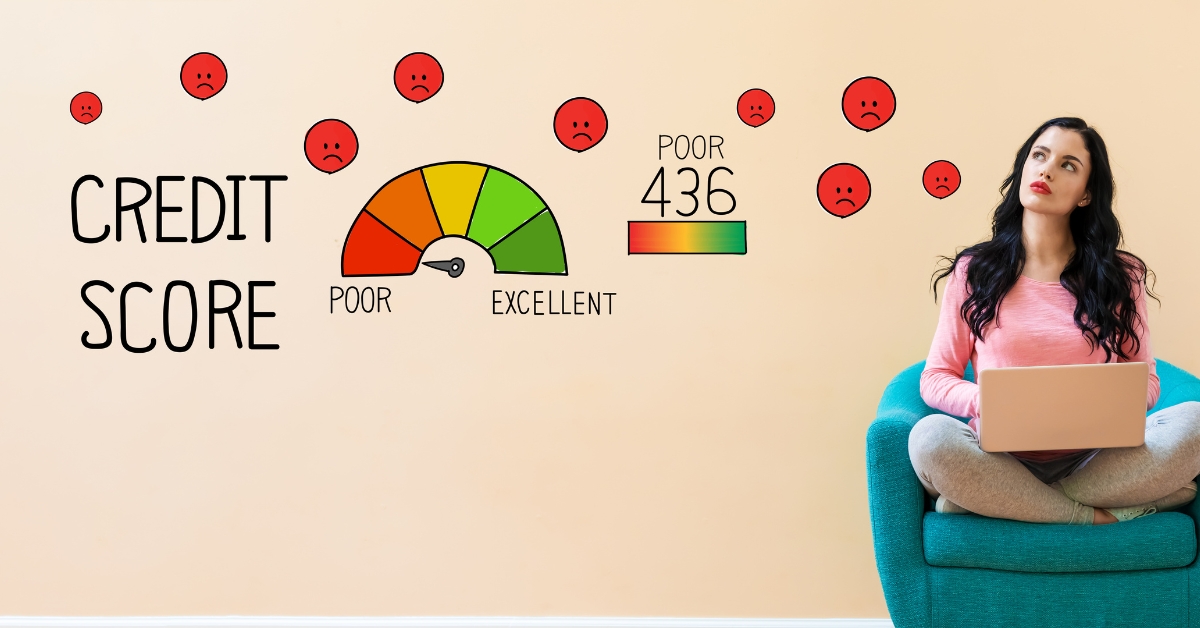The terms “FICO score” and “credit score” are often used interchangeably, but there is a subtle distinction between the two.
Credit Score: A credit score is a numerical representation of an individual’s creditworthiness, which indicates the likelihood of that person repaying their debts. Credit scores are calculated based on information found in credit reports, such as payment history, credit utilization, length of credit history, types of credit used, and new credit applications. There are several credit scoring models used by different credit bureaus and lenders, including FICO scores.
FICO Score: FICO (Fair Isaac Corporation) score is a specific type of credit score that was developed by the Fair Isaac Corporation. FICO scores are widely used by lenders and are considered one of the most popular and influential credit scoring models. FICO scores range from 300 to 850, with higher scores indicating lower credit risk.
While FICO scores are a type of credit score, not all credit scores are FICO scores. Other credit scoring models, such as VantageScore, have emerged as competitors to FICO scores. Each credit scoring model may have slightly different algorithms and criteria for evaluating creditworthiness, resulting in potentially different score ranges and interpretations.
It’s important to note that even within FICO scores, there are different versions and variations. The most commonly used FICO score is FICO Score 8, but there are newer versions like FICO Score 9 and FICO Score 10. Different lenders and industries may use different FICO score versions depending on their preferences and risk assessment strategies.
In summary, while credit score is a general term referring to numerical assessments of creditworthiness, a FICO score specifically refers to a credit score calculated using the scoring model developed by Fair Isaac Corporation.










